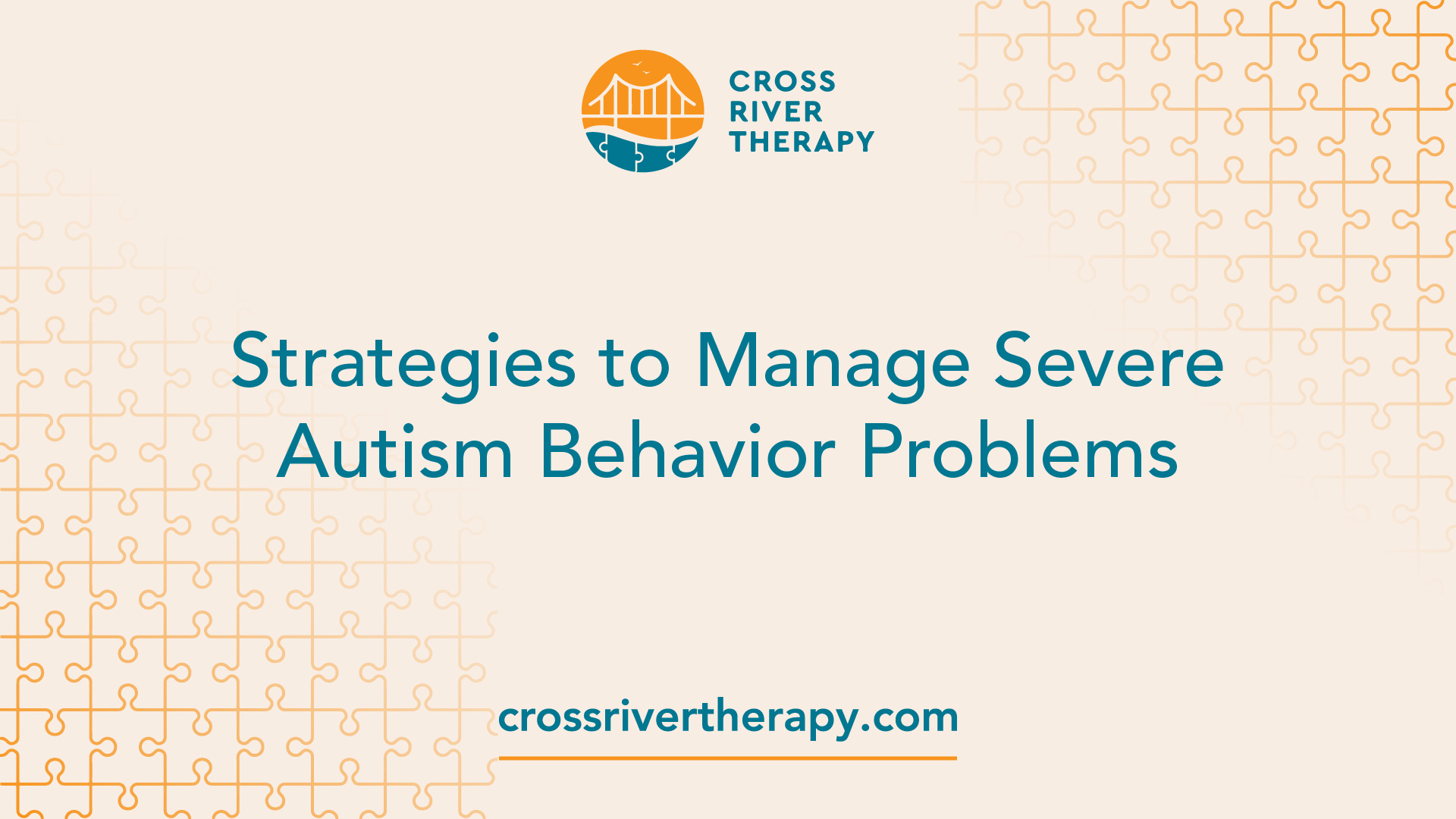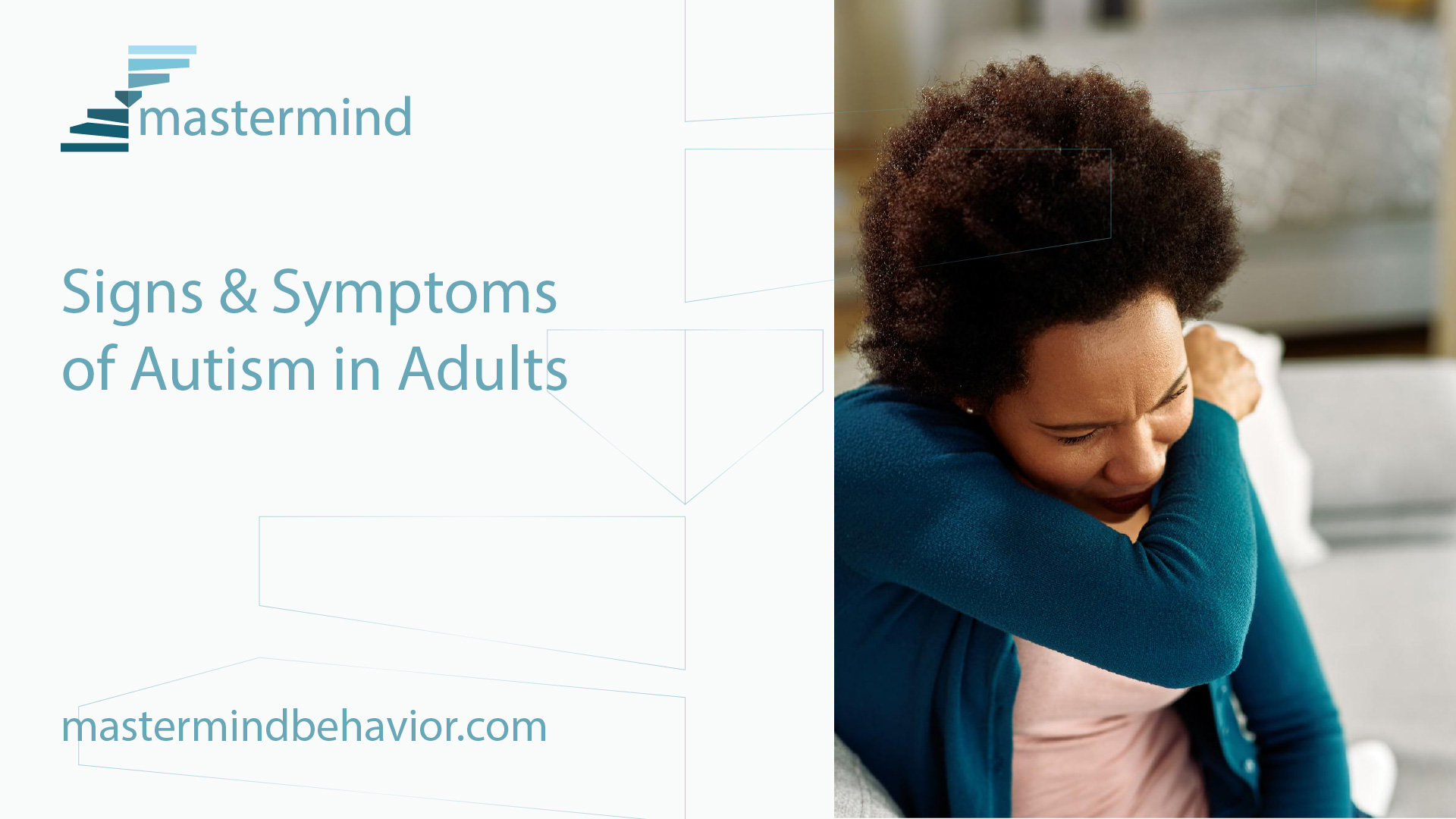How to explain autism with siblings—tips from an Aba Therapist
How to explain autism with siblings—tips from an Aba Therapist
Blog Article
Secret Symptoms And Signs to Acknowledge in People With Behavior Autism
When you encounter somebody with behavioral autism, identifying vital indicators and symptoms is vital. Additionally, sensory sensitivities can lead to overwhelming experiences.
Obstacles in Social Communications
When you engage with someone on the autism range, you could see they deal with social hints and communication. These challenges can make social interactions really feel frustrating for them. You may see them staying clear of eye contact or standing also close or as well away during conversations, which can create misconceptions. They may not detect body movement or facial expressions, making it harder for them to evaluate exactly how others are really feeling.
When they do involve, they could talk about their rate of interests in wonderful detail without noticing if you're interested. Comprehending these obstacles can aid you come close to interactions with compassion and patience, promoting a much more comfortable setting for both of you.
Difficulty With Verbal and Non-Verbal Communication

Non-verbal communication can be much more challenging. You could see a lack of eye contact or minimal use of gestures, which can make communications feel unpleasant. Face expressions may not constantly align with the conversation, bring about complication concerning their feelings. Acknowledging these indications is crucial, as it helps you better support and engage with individuals on the autism spectrum. By comprehending their interaction obstacles, you can foster a lot more purposeful links and provide a more encouraging atmosphere.
Repetitive Habits and Regimens
Communication challenges commonly go along with other indicators of autism, such as repeated behaviors and a strong choice for regimens. You may discover that people with autism often take part in certain, repetitive actions, like hand-flapping, shaking, or duplicating phrases. These actions can provide comfort and a sense of control in an often overwhelming globe.
When they follow a structured timetable,Regimens are similarly essential; numerous individuals grow. You may locate that modifications to these regimens can cause substantial distress. As an example, if they have an everyday ritual of consuming morning meal at a certain time or adhering to a particular path to college, any interruption can trigger anxiety.
Acknowledging these patterns assists you comprehend their actions and give assistance. By accommodating their requirement for regular and allowing recurring actions, you can produce a more comfy environment that eases their difficulties.
Sensory Sensitivities

Typical Sensory Triggers
Sensory sensitivities can considerably impact every day life for people with autism, as specific stimulations usually cause overwhelming reactions. Common sensory triggers consist of loud sounds, brilliant lights, and solid smells. You might notice that sudden noises, like alarms or alarms, trigger stress and anxiety or distress. In a similar way, fluorescent lighting in stores can really feel uncomfortable and rough. Textures can likewise play a considerable role; rough textiles or particular food textures may be excruciating for you. Additionally, crowded locations can bewilder your senses, making it difficult to focus or relax. Recognizing these triggers can assist you handle your atmosphere better. By being conscious of what influences you, you can take actions to minimize discomfort and improve your daily experiences.
Behavior Responses Explained
Comprehending your behavior responses to sensory level of sensitivities is important, as they frequently expose exactly how you engage with the world. You could see that specific audios, lights, or appearances bewilder you, leading to stress and anxiety or pain. When encountered with these stimuli, you could take out, cover your ears, and even react strongly. These reactions aren't simply peculiarities; they're your way of handling overstimulation. You might additionally find yourself seeking details sensory experiences, like deep stress or quiet atmospheres, to assist ground on your own. Identifying these patterns helps you understand your requirements much better and can direct exactly how you interact them to others. By acknowledging your sensory sensitivities, you can function in the direction of creating an environment that feels a lot more comfortable and convenient for you.
Coping Techniques Summary
Recognizing your sensory sensitivities is just the initial step; now it's time to check out coping strategies that can aid you take care of those experiences properly. Start by developing a sensory toolkit tailored to your needs. Establishing an organized regimen can additionally supply predictability, reducing anxiousness around sensory overload.
Limited Passions and Emphasis
While many people create a vast array of rate of interests, those with autism frequently demonstrate restricted rate of interests and an extreme emphasis on particular topics. You might notice that someone with autism can spend hours diving right into their favorite subject, whether it's a specific sort of train, a particular flick, or a scientific concept. This intense focus isn't just a hobby; it can come to be a main component of their identity and social communications.
You may discover that conversations revolve around these interests, and they may struggle to engage in broader subjects. By recognizing and acknowledging these limited interests, you can promote a supportive environment where they really feel valued and understood, permitting for even more meaningful connections and communications.
Psychological Regulation Problems
People with autism often encounter challenges in emotional policy, which can be affected by their intense concentrate on certain rate of interests. You could discover that when a person is deeply participated in a recommended task, they can experience strong feelings, whether enjoyment or disappointment. This strength in some cases makes it tough for them to move equipments or handle their sensations when things don't go as planned.

Irregularity in Developmental Milestones
When it comes to developmental milestones, you'll observe that individuals with autism typically show a large range of variability. You may see a child stand out in language abilities yet struggle with social communications.
It's necessary to identify that each person's trip is one-of-a-kind. Observing these patterns can help you understand their strengths and requires much better.
Often Asked Concerns
How Is Autism Detected in Children and Grownups?
To diagnose autism in youngsters and adults, experts examine behavior, interaction skills, and social interactions. They usually make use of standardized examinations, interviews, and observations to identify if an individual meets the standards for autism range problem.
Exist Various Sorts Of Autism Range Disorders?
Yes, there are various kinds of autism spectrum disorders, consisting of Asperger's syndrome and prevalent developing disorder-not or else defined. Each type varies in seriousness and characteristics, so comprehending these distinctions can aid you far better support individuals with autism.
What Treatments Work for Individuals With Autism?
When taking into consideration effective therapies for individuals with autism, you'll locate options like Applied Actions Evaluation, speech therapy, and job-related treatment. Each technique can aid boost communication, social skills, and daily working customized to individual demands.
Can People With Autism Lead Independent Lives?
Yes, individuals with autism can lead independent lives. With the appropriate support, skills training, and sources, you can aid them establish self-sufficiency, manage daily tasks, and grow in various settings, fostering their independence.
How Can Family Members Assistance Enjoyed Ones With Autism?
You can support your liked ones with autism by producing a structured environment, urging their rate of interests, exercising persistence, cultivating interaction, and promoting social skills. Commemorate their achievements, regardless of how tiny, and develop a helpful community.
Although many people on the autism spectrum can read more use and recognize language, they usually encounter significant obstacles with both non-verbal and spoken interaction. Identifying these indicators is vital, as it assists you better assistance and involve with individuals on the autism spectrum. You could see that people with autism often engage in certain, repetitive activities, like hand-flapping, rocking, or repeating expressions.Sensory level of sensitivities can considerably influence day-to-day life for people with autism, as specific stimulations frequently cause overwhelming reactions.When it comes to developing turning points, you'll observe that people with autism commonly reveal a wide range of irregularity.
Report this page